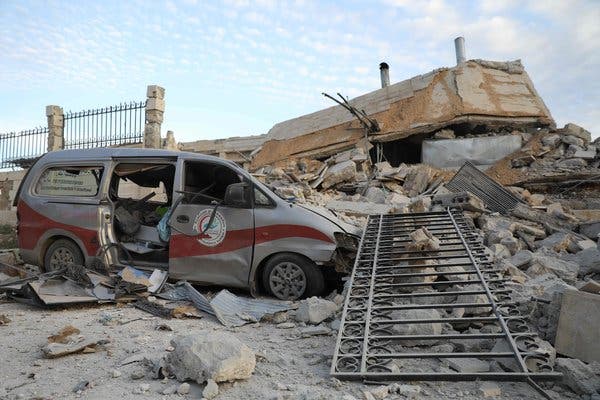
The Washington Post
February 1, 2015
Regarding the Jan. 28 editorial “False hope in Syria”:
The Post rightly criticized “the absence of a U.S. military strategy for Syria.” However, the editorial (and U.S. foreign policy in the region) did not go far enough in acknowledging the complexity of the conflicts in the region and the interconnectedness of the war in Syria and the emergence of the Islamic State.
Syrian President Bashar al-Assad created the conditions that led to the emergence of the Islamic State. Any strategy that attempts to combat the Islamic State but does not address Mr. Assad is an incomplete solution doomed to failure.
The weakening of the U.S. position toward Mr. Assad is of great concern to Turkey, which has been an early and vocal proponent of an integrated strategy to achieve both the defeat of the Islamic State and a change of power in Damascus, Syria’s capital city. Turkey, which faces the daily threat of the Syrian conflict spilling over its shared border, has a great deal to lose if the interconnected crises of the Islamic State and Mr. Assad are not fully addressed.
Peace and stability in the region hinge on the United States working closely with its allies, including Turkey, to implement a broader approach that emphasizes long-term results in the region.
Ali Cınar, Cliffside Park, N.J.
The writer is vice president of the Turkish Heritage Organization.